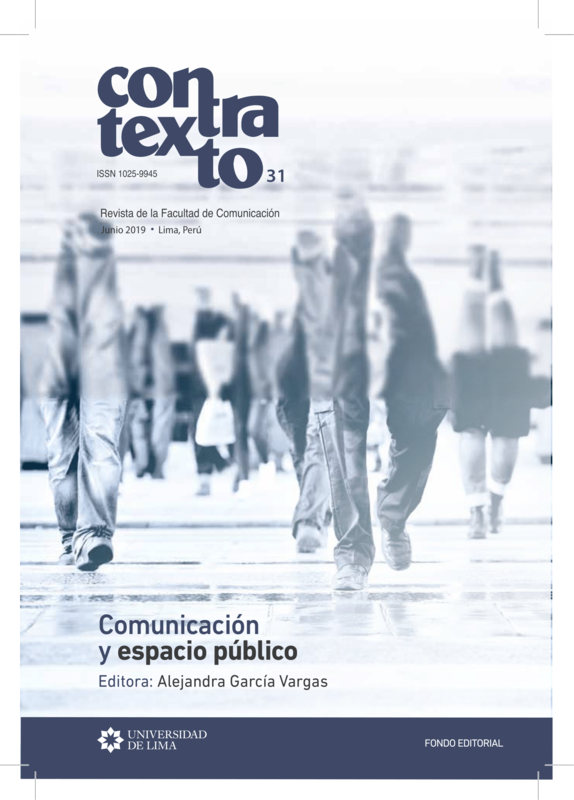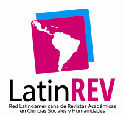Río de Janeiro como smart city: ciudadanía y participación en la “polisdigitocracia”
DOI:
https://doi.org/10.26439/contratexto2019.n031.3897Resumen
En el 2013 Río de Janeiro fue elegida la Ciudad Inteligente del año por la Smart City Expo World Congress, una feria celebrada en Barcelona. La capital del estado de Río de Janeiro se destacó con el proyecto Gestión de Alto Desempeño, que incluye el subproyecto Centro de Operaciones Río (COR). El COR es un centro de monitoreo que tiene 1500 cámaras y analiza datos recibidos en tiempo real de varios sensores tecnológicos repartidos por la ciudad, resultado de un acuerdo entre el ayuntamiento y varias empresas de tecnología. La iniciativa es defendida como parte de la creencia en un modelo de “polisdigitocracia”, palabra que, según el exalcalde Eduardo Paes, significa la versión digital de la democracia griega para las ciudades del siglo xxi. Este artículo parte de una investigación en curso; pretende evaluar —a través de los discursos de los actores directamente involucrados con el proyecto— cómo se puso en práctica la idea de smart city en Río. La investigación tiene como objetivo analizar si la tecnología está siendo usada como una estrategia para que la ciudad tenga sus destinos definidos por los expertos o si en la palabra “inteligencia” cabe también el conocimiento de los habitantes.
Descargas
Publicado
Número
Sección
Licencia
Todos los trabajos publicados están sujetos a una licencia CC BY 4.0 Creative Commons (actualizado el 1 de marzo de 2021).
El contenido de la revista se puede compartir en cualquier material o formato. Asimismo, se puede adaptar, contribuir y transformar. Ambas posibilidades sólo están permitidas en la medida en que cumplan las siguientes condiciones:
- Atribución: Se debe otorgar crédito donde sea debido, proporcionar un enlace a la licencia e indicar los cambios en caso se realice alguno. Esto debe hacerse de la manera que se considere apropiada, sin sugerir que el licenciante lo promueva a usted o su uso del material.
Derechos de propiedad
Los derechos patrimoniales de Contratexto se publican bajo una licencia Creative Commons BY 4.0, lo que permite a los autores mantener los derechos patrimoniales de su obra sin restricciones.
Si un trabajo publicado en Contratexto fuera copiado, distribuido, difundido o cualquier otra actividad contemplada en la licencia antes mencionada, se deberá mencionar de manera visible y expresa al autor o autores y a la revista.
Auto-archivo
Esta revista permite y anima a los autores/as a publicar artículos enviados a la revista en sus sitios web personales o en depósitos institucionales, tanto antes como después de su publicación en esta revista, siempre y cuando proporcionen información bibliográfica que acredite, si procede, su publicación en ella.





















